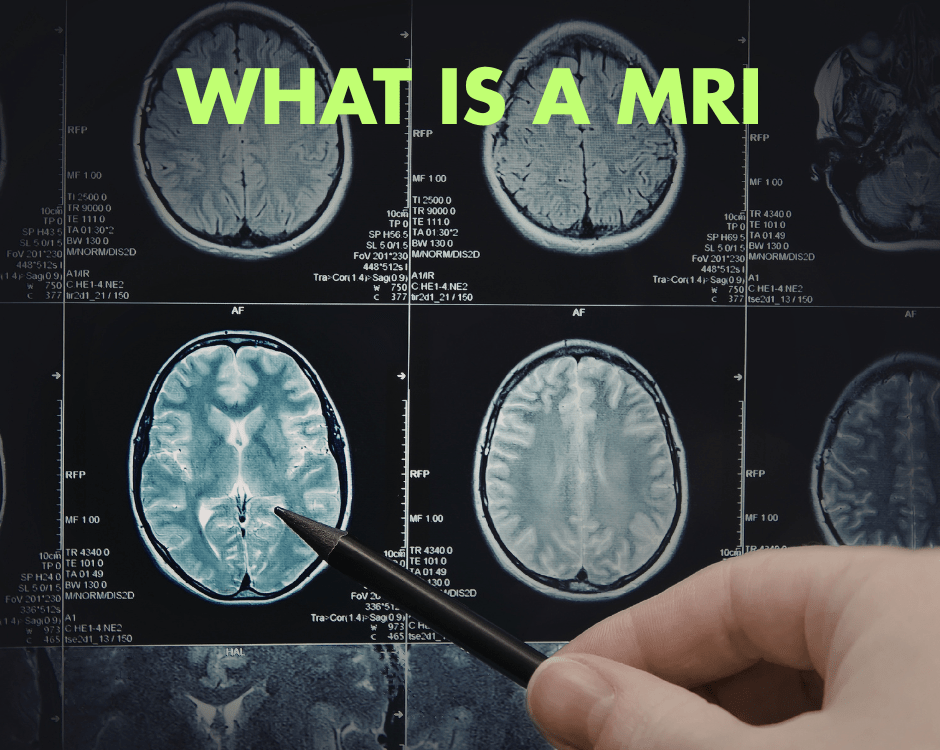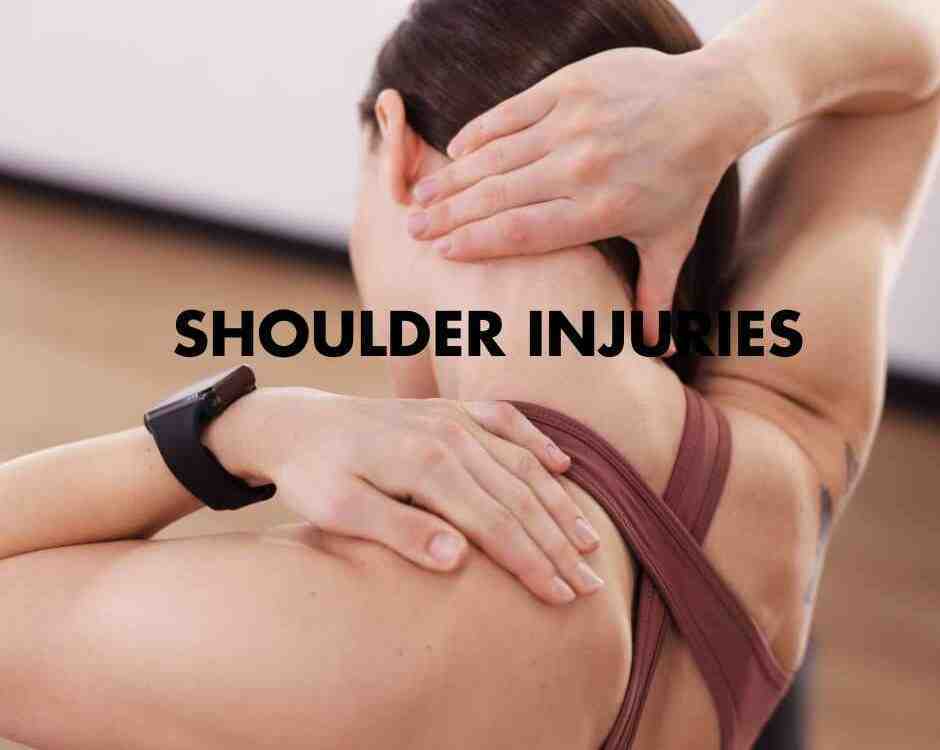Learning to Walk Confidently Again

The Pistachio
July 28, 2025
Thinking Clearly After a MVA
July 28, 2025- Accident doctor
- accupuncture
- airplane headache
- alzheimer's
- best habits
- Brain Injuries
- car accident
- car accidents
- cervical strain
- colds
- concussion
- Concussions
- disc bulge
- dosage meds
- dry needling
- dull pain
- E bike injuries
- florida
- good posture
- headaches
- Headrest positions
- Headrest positions after an accident
- Healthy choices
- Healthy flying
- healthy gift guide
- Healthy SPring Ideas
- hip pain
- hyperextension
- injury doctor
- insurance
- Kayaking
- kentucky
- kids motion sickness
- lifestyle
- motion sickness
- neck injury
- no fault insurance doctor
- noise healing
- osteoporosis
- pain symptoms
- pink noise
- posterior chain
- posture
- prevent osteoporosis
- Rest
- Scoliosis
- shoulder pain
- Stress with kids after a motor vehicle accident
- TBI
- tips
- tmj
- torn muscle
- Traumatic Brain Injury
- trigger points
- VitaminD
- What are Post Traumatic headaches?
Learning to Walk Confidently Again
Mild traumatic brain injury (mTBI) can quietly change how the body moves, especially for those with prior physical motor challenges. A patient recently shared that following a motor vehicle accident (MVA), she feels clumsy and trips easily again, despite years of adapting to an inherited foot drop from an earlier trauma. This type of brain trauma, even though it may have been considered mild, can quietly affect learned biomechanical skills from previous trauma that affected the way you walk. The brain is struggling to heal itself so your sense of where the body is in space can be off. Dr. Aaron Workman of Chambers Medical Group, one of the highest rated car accident medical care teams in Kentucky, takes a look at how mTBI impacts existing motor disabilities like foot drop and what it means for recovery.
- Disrupted Proprioception
After an mTBI, the brain’s ability to sense body position can struggle, affecting coordination. For a patient that has already had to re-learn how to take a step, this disruption likely interferes with the proprioceptive feedback they relied on to manage foot drop. This renewed clumsiness highlights how mTBI can reset finely tuned motor skills, making familiar movements feel awkward.
- Learned Adaptations
People with foot drop often develop compensatory movements to walk smoothly. Lifting the foot high enough to clear stairs, stepping up onto a curb, raising the knee slightly higher and relying on your brain to remember that height, are all adaptations you may have mastered coping with a foot not working properly. If you end up suffering a mild concussion, the neural roads that support these adaptations may get clogged up and slowed down. A 2022 study in the journal, Neurology, noted that proprioceptive deficits post-mTBI can occur in over 30% of individuals. This could be scary for someone who spent years learning movements again leading to increased stress levels post-MVA.
- Increased Fall Risk
The loss of proprioceptive control heightens the risk of falls, especially for someone with pre-existing motor issues. A fall that occurs shortly after already suffering a trauma will be the last thing you need so it is important to proceed with caution. Your brain may need to re-calibrate your movement again. The mTBI may have weakened the stability you have built over time, turning a managed condition into a new challenge you have already conquered.
- Fatigue and Motor Overload
mTBI can exhaust the brain, making it harder to handle complex motor tasks. Managing a condition such as foot drop now requires more conscience effort, leading to fatigue that amplifies clumsiness. This overload of fatigue will slow your recovery and needs patience. This fatigue and motor overload can be exacerbated by headaches, dizziness, nausea, weakness, and memory deficits.
While mTBI can disrupt motor control, the brain has some capacity to adapt again with time and practice. Recognizing the origin of your problem can allow you to work on things to help the recent mTBI, while slowing down and rebuilding some of those walking skills.
Understanding the reason behind new physical challenges can help mitigate increased stress levels at a time when rest is the best exercise you may need. Following an MVA, a concussion can challenge existing motor disabilities like foot drop by disrupting proprioception and learned adaptations. This can lead to clumsiness, falls, and fatigue, as seen recently with a patient in our clinic. At Chambers Medical Group we strive for you to understand why you feel the way you do. Patience is key, as recovery could take weeks to months. If you have found yourself experiencing renewed problems you have already conquered following an MVA, then having an evaluation is your first step.
— This article is written by Aaron Workman, DC, one of the members of Chambers Medical Group’s team of car accident chiropractors who offer a variety of treatments and therapies ranging from diagnostic testing to various soft tissue therapies for car accidents and injuries in Kentucky.




